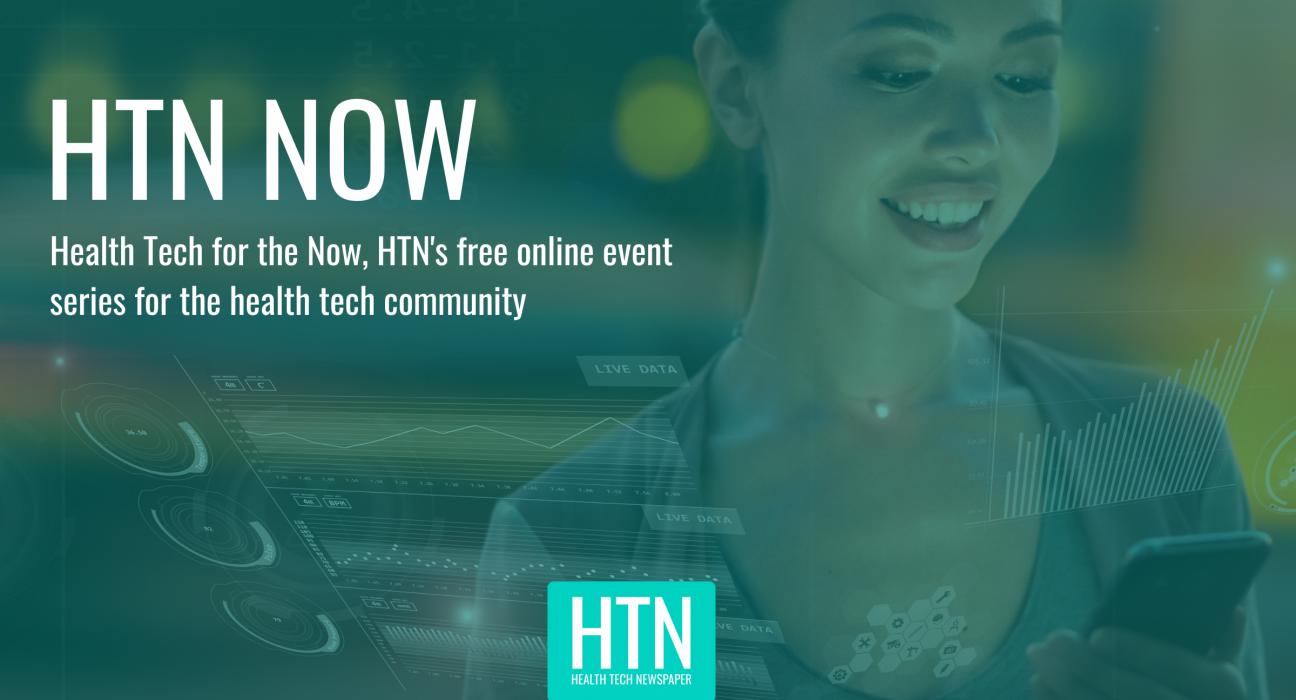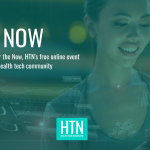
Research undertaken as part of the All-Island eHealth Hub for Cancer has highlighted the value of effective data sharing, computer code and the employment of digital health expertise when it comes to identifying diagnostic methods and developing targeted treatments for cancer.
The hub – a partnership focused on developing data platforms and approaches for health data to improve cancer care – has seen Professor Mark Lawler and Professor Aedín Culhane from Queen’s University Belfast and the University of Limerick collaborating with the aim of supporting cancer care by linking data from across Ireland, including clinical, pathological, genomic and socioeconomic information.
Lawler and Culhane’s research through the hub suggests that federated data analytics could provide “an innovative solution” to data sharing challenges such as data privacy regulations and the cost of transferring large datasets between institutions or jurisdictions. However, whilst federated data networks “offer privacy, regulatory compliance, governance, and scalability advantages,” the researchers highlight the need for data to be harmonised to a common standard so that research teams are supported to perform cross-institution data analysis at their local site.
Through the hub, Lawler and Culhane have assisted with the creation of clinical genomics data standards for federated sharing between 25 EU countries as part of the 1+ Million Genomes Genomic Data Infrastructure Program. They are also working the development of training and frameworks to support the Observational Health Data Sciences and Informatics Observational Medical Outcomes Partnership common data model, which is to be adopted by the NHS Research Secure Data Environment Network.
Additionally, the hub has been concerned with the expansion in the use of precision oncology and clinical next-generation sequencing, working to address challenges relating to the management and standardisation of this data. It has reportedly been successful in demonstrating through the use of data how precision medicines targeting particular features of a tumour “can be more cost effective while also delivering better cancer care”.
Professor Culhane said that their work emphasises how “data sharing is crucial to help identify new and better ways to diagnose and treat cancer. Embedding a more open collaborative patient-centred ethos which has transformed the way in which we do science, is ushering in a data-enabled cancer research revolution.”
He added that the hub brings people together from across Ireland, including “epidemiologists, clinicians, data analysts, computer scientists, all using their particular skills to address the challenge of cancer. Data sharing saves lives.”
Their research paper can be found here.
Enhancing cancer data and data sharing to improve cancer care
Earlier this year, Cancer Research UK (CRUK) tackled the topic of data sharing for cancer care, publishing a new roadmap for the early detection and diagnosis of cancer, identifying major challenges and proposals for addressing them through new technologies, enhanced data access for research, and new models of healthcare.
Similarly, a partnership between Leeds Teaching Hospitals NHS Trust and Flatiron Health UK has seen the launch of a project to utilise cancer data for research and to explore the possibilities in developing and improving cancer care.





